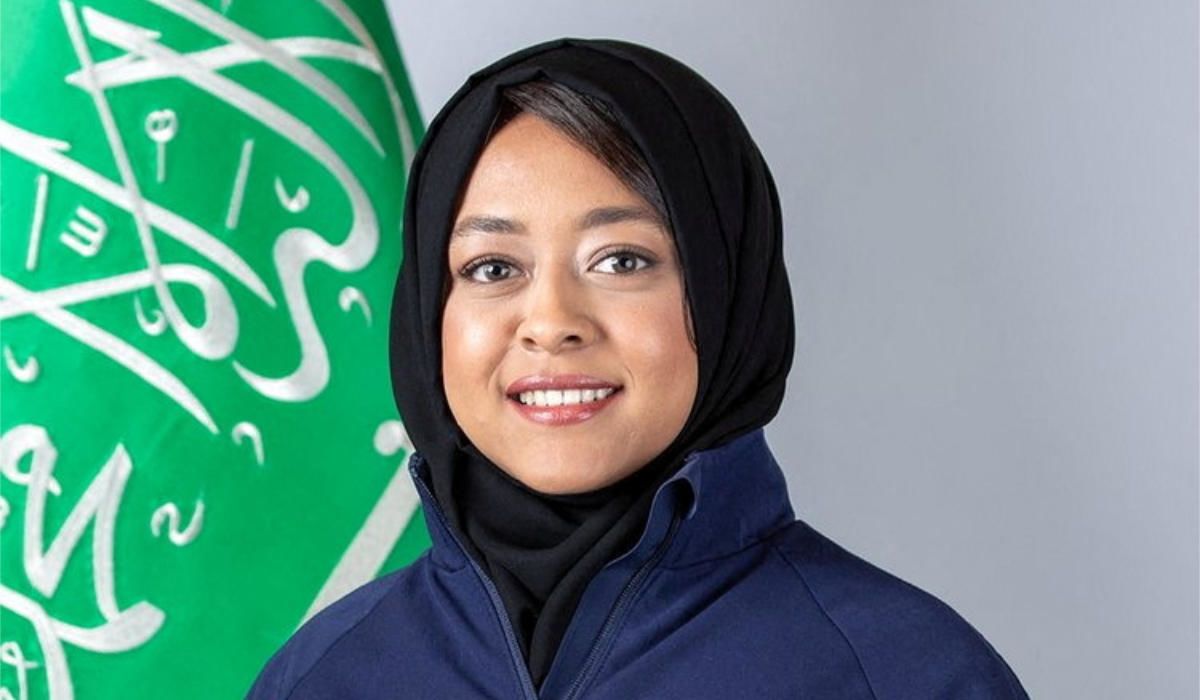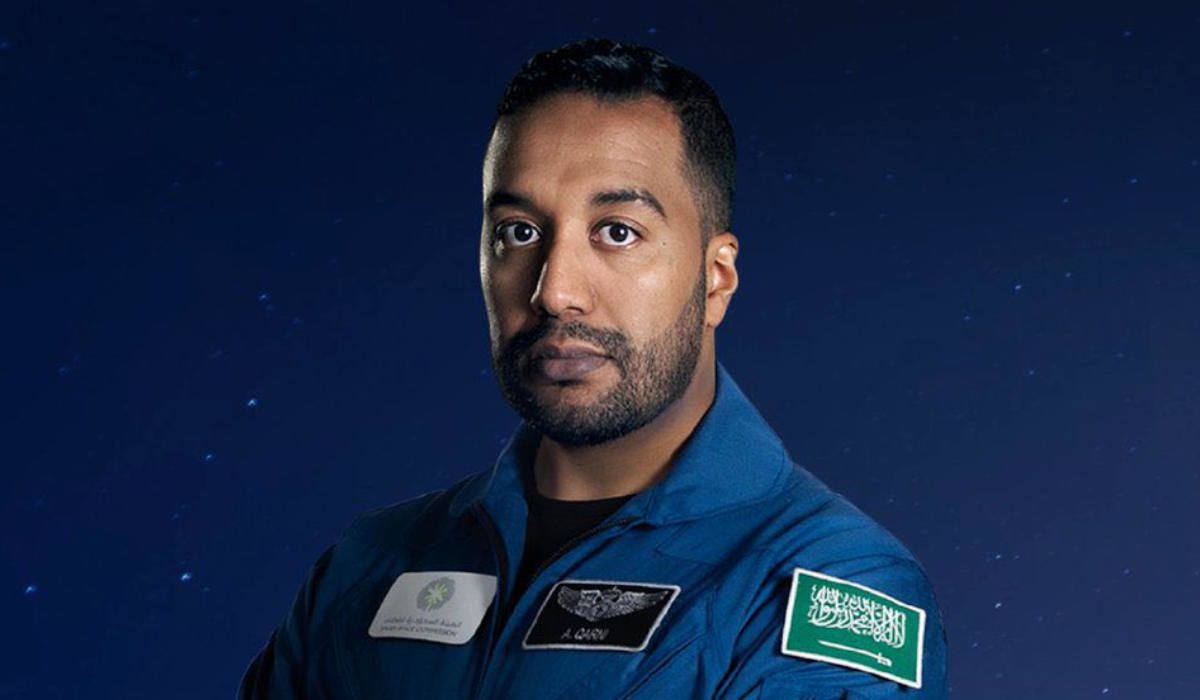
Saudi space mission aiming to benefit science
The commission announced that the two astronauts would carry out 11 pioneering experiments in microgravity during the flight, the results of which would help to enhance the Kingdom’s global position within space exploration and service to humanity.
 Saudi astronaut, Rayyanah Barnawi.
Saudi astronaut, Rayyanah Barnawi.
Officials noted that the Saudi tests in space would range from human research and cell science to artificial rain in microgravity.
In the artificial rain experiment, water vapor will be condensed on plankton and salt atoms in microgravity to simulate the cloud seeding process that is used in Saudi Arabia and other countries to increase precipitation rates.
Led by Dr. Ashraf Farahat, the trial is for the King Fahd University of Petroleum and Minerals and will help scientists and researchers devise new ways to provide suitable conditions for humans — including the work of artificial rain — to live in space colonies on the surface of the Moon and Mars.
The experiment will also contribute to improving researchers’ understanding of rain-seeding technology, which will contribute to increasing rainfall in many countries.
To better understand the impacts of being in space on human health, Saudi Arabia’s Nebula Research and Development, led by Dr. Bader Shirah, is conducting six experiments aboard the ISS, which will be performed by the astronauts.
 Saudi astronaut, Ali Al-Qarni.
Saudi astronaut, Ali Al-Qarni.
The tests will utilize novel neuroscience tools including measuring blood flow to the brain and the brain’s electrical activity, assessing intracranial pressure by non-invasive assessment of the pupil of the eye, and monitoring changes in the optic nerve over time.
Improved monitoring of neurological health may help make spaceflight safer in the future and allow for the development of rapid, non-invasive monitoring, as well as early interventions and the development of countermeasures.
Blood and bio-sample specimens will also be taken to examine multiomic biomarkers related to spaceflight and to map changes in the length, structure, and epigenetics of chromosomes and telomeres.
The cell science experiments led by the world-renowned King Faisal Specialist Hospital and Research Center and its team of scientists, Dr. Khalid Abu Khabar, Dr. Wijdan Alahmadi, and Dr. Edward Hitti, will be investigating the inflammatory response of human immune cells in microgravity.
More specifically their research will be focused on changes in messenger ribonucleic acid (needed for protein production) decay, a process that can turn inflammation off. In addition, response to therapy is mimicked by utilizing the same cellular model. The crew will take RNA samples for analysis on ground, where the investigators will monitor RNA expression patterns, and hopefully thousands of mRNA half-lives will be measured.
Results are expected to contribute to a better understanding of space health and uncover biomarkers or potential therapies for inflammatory diseases in both space and on Earth.
In addition to these experiments, three educational awareness studies will be conducted aboard the ISS in real time with students throughout Saudi Arabia, in collaboration with the Ministry of Education, Mawhiba, Riyadh Schools, and Misk Schools.
The objectives will be to enhance students’ knowledge of space science and its contribution to improving the quality of life on Earth, by juxtaposing their terrestrial-based experiments to the ones being conducted in real-time by the Saudi crew on the ISS.
Students will be able to see at first-hand how the experiment environment can have a real effect on results. The real-time interaction will ensure that students have access to the Saudi crew live as they perform their experiments together, one on Earth, and one in space simultaneously.
The efforts by the Saudi Space Commission are designed to prepare future astronauts and engineers, through quality education and training programs, participation in scientific experiments, international research, and future space-related missions – all of which will contribute to raising the status of the Kingdom and to achieving the goals of Vision 2030.










